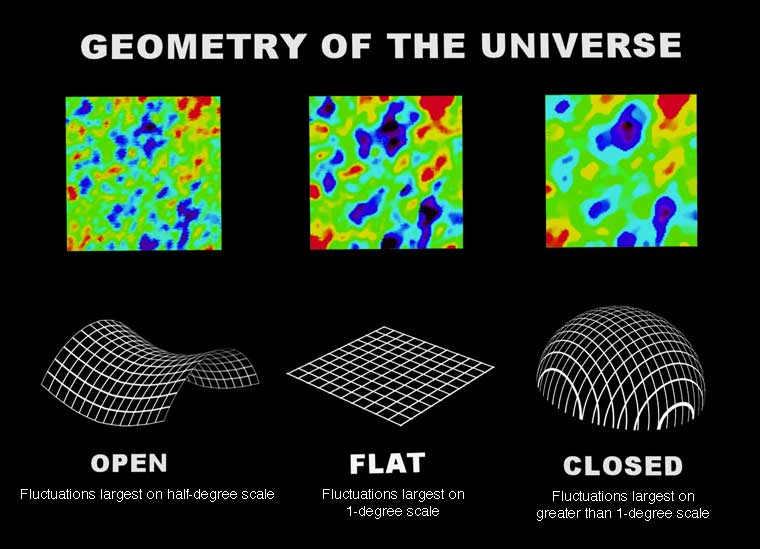As scientific knowledge has increased, so has its verbosity. As its lexicon of explanations grows, our belief in God tends to shrink:
Since the latter part of the 18th century, deism used science to justify its stance. Scientists, like Sir Isaac Newton, were able to elaborate more and more to explain how the universe and everything around us worked. Many of the mysteries that man attributed to God, yielded simple mechanistic explanations. The increase in knowledge spurred the decline in religious faith among the intellectual elite. As a philosopher and mathematician, Descartes reduced God to a “mathematical abstraction.” Reason pushed faith off into the realm of mythology and superstition, while deism quickly deteriorated into atheism (belief in no God at all). Science seemed to engage in a centuries-old battle with religion for the mind of man. Life became a product of blind change -- a cosmic game of chance played throughout time. - http://www.allaboutphilosophy.org/deism.htm
Imagine that you had never ever seen a computer before. One day, you discover one that is still operational. As you examine it, the one question that would dominate your thinking would be regarding its origin. You might start off thinking that some sentient being (a programmer) created it. Over time, you perform experiments on the computer and make discoveries. One discovery you make is that there is an underlying set of rules (software) giving the computer its logical features. Let's say one day, you even discover the binary logic and mathematical algorithms that underlie the ability of this computer.
Would this mean that you could come to the conclusion that there must not be a programmer? Would this mean that you could come to the conclusion that the computer must be the product of a chance set of random processes if given enough time?
So why do we treat the universe this way in light of modern scientific discoveries?
To use another illustration, knowing what is under the hood of an automobile, doesn't make the existence of automobile designers/engineers less believable....
GK Chesterton, in his book Orthodoxy, suggests in the "Maniac" chapter that in fairy tales, we don't think of laws, we think in terms of magic. We accept, as a premise of the story, that if Cinderella doesn't return before midnight, her carriage will turn into a pumpkin.
Yet in life, we seem to think it is some sort of law that the egg will turn into the chicken. But logically speaking, the egg is about as far apart as the carriage is to the pumpkin.
Science has replaced our narrative with propositions and our faith with technology.
I very much believe in science. I'm just not quick to accept the reductionist worldview we most quickly gravitate towards as a result of its influence.
Could it be that we really live in such a fairy land, obscured by illusions of scientific jargon? Yes, faith can fool us, propelling us into an illusory world that doesn't really exist. But could it be that science can do the same? The only distinction between the two is that if science fools us, it takes away wonder.
So, yes I think it is healthy to guard faith against wishful thinking. But it is equally healthy to guard against science's reductionist proclivity.
Words demystify. But SHOULD they? Should they steal our wonder, aging us out of childhood into crotchety old people?
Wise men hear and see as little children do. - Lao Tzu
Wisdom begins in wonder. - Socrates
If you disagree with the points suggested in this article, ask yourself this question: Do you do so because of a gap in logic or a gap in imagination?
How old is your thinking?






